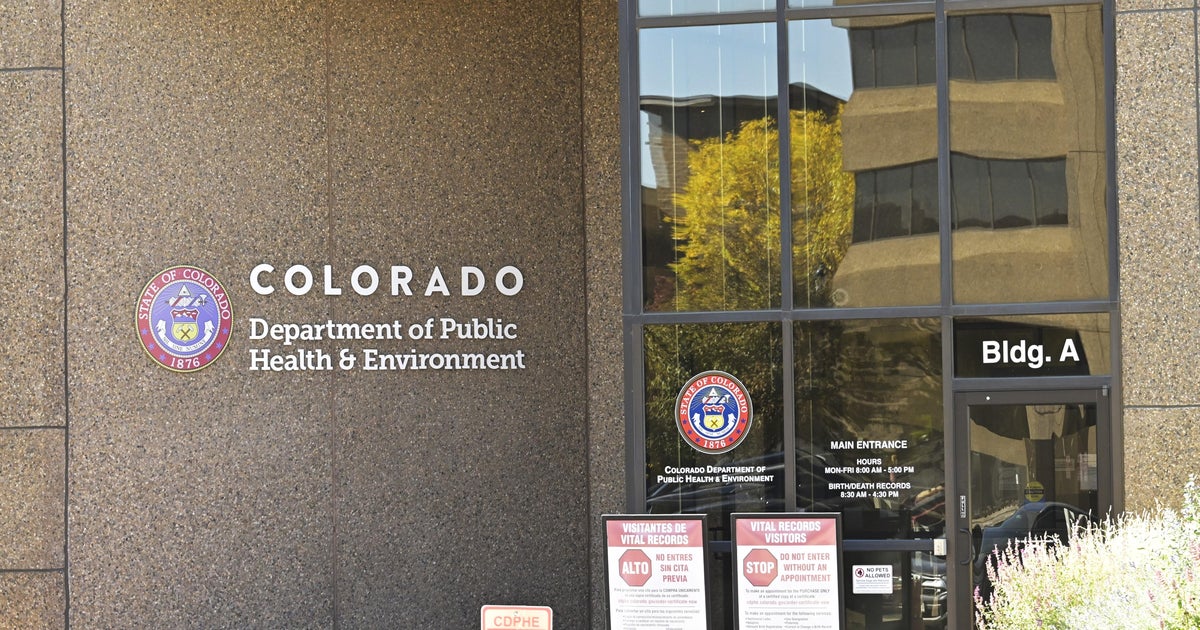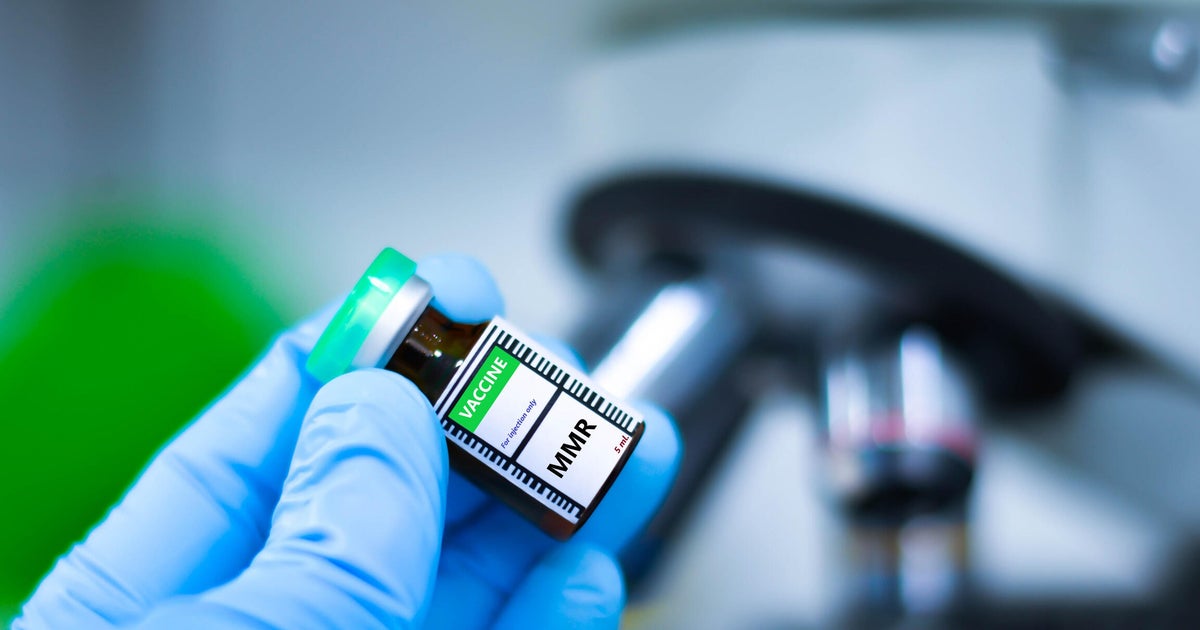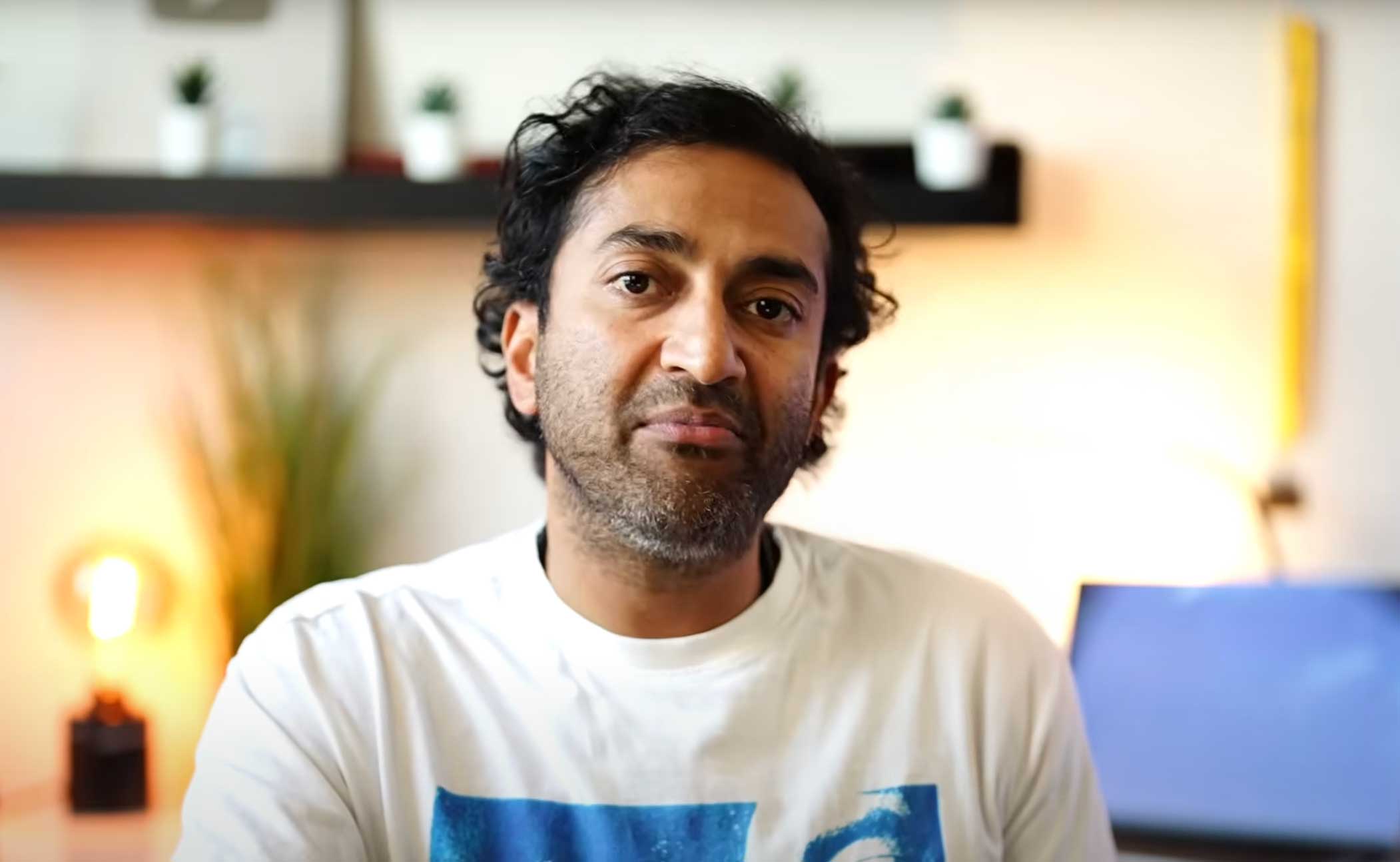More than 800,000 Americans have died of COVID-19. An estimated 163,000 could have been saved by vaccines.
As the U.S. marks one year since the first shots of COVID-19 vaccine were rolled out last December, some 28% of adults still remain unvaccinated, according to the Centers for Disease Control and Prevention.
Now, as the country surpassed 800,000 confirmed deaths from the disease, an analysis by the Peterson Center on Healthcare and the Kaiser Family Foundation estimates 163,000 deaths could have been prevented by vaccination since vaccines became widely available in June.
"Most of these preventable deaths occurred well after vaccines became available. In September 2021 alone, approximately 51,000 people's lives likely would have been saved if they had chosen to get vaccinated. In November 2021, over 29,000 COVID-19 deaths likely would have been averted with vaccines," the authors wrote.
They estimated the number of Americans that could have been saved by vaccination by analyzing deaths since the beginning of the pandemic, as well as rates of COVID-related deaths among vaccinated people with breakthrough infections.
Earlier this year, before the recent spike in Delta variant cases and feared surge of infections from the Omicron variant, the CDC had estimated unvaccinated Americans had a 14 times higher risk of dying from COVID-19 than fully vaccinated Americans.
Another report published Tuesday by the Commonwealth Fund concluded that the vaccine rollout in the U.S. averted some 1.1 million COVID-19 deaths that otherwise would have occurred over the past year.
"We have 1,100 deaths every day still"
The emergence of the highly-mutated and fast-spreading Omicron variant has largely overshadowed plans to celebrate the vaccine anniversary, as scientists and health officials around the world are racing to respond to Omicron on top of surges fueled by the Delta variant that are already straining hospitals.
"We have 1,100 deaths every day still and we can't be cavalier about the fact that we're losing so many lives from this right now," CDC Director Dr. Rochelle Walensky told "CBS Mornings" on Tuesday.
Walensky echoed recent calls by federal health officials for eligible Americans to seek out booster shots to shore up the body's defenses against severe disease and death, as cases of the Omicron variant have begun to spread in the U.S.
The average pace of administering booster shots has been slowing nationwide, according to the CDC's figures, after accelerating for a few days following the Thanksgiving holiday. Close to 30% of vaccinated adults have received a booster shot.
Recently published findings from South Africa and the United Kingdom suggest the vaccines may still be able to substantially reduce the risk of severe COVID-19 from Omicron, though their effectiveness to curb infections has been blunted by the variant's mutations.
"Even if Omicron does cause less severe disease, the sheer number of cases could once again overwhelm unprepared health systems," Dr. Tedros Adhanom Ghebreyesus, the World Health Organization's director-general, told reporters on Tuesday.
Around 3% of cases in the U.S. were caused by Omicron last week, the CDC estimated on Tuesday. Abroad, health authorities in several European nations — from Denmark to the U.K. — have warned that the variant is on track to quickly dominate infections there.
As cases spike, many countries and jurisdictions are reconsidering COVID-19 restrictions that were loosened earlier this year as vaccinations were climbing and cases were falling. On Monday, California officials announced plans to reimpose a statewide mask mandate, regardless of vaccination status. New York has also strengthened indoor mask rules.
More than 90% of U.S. counties have now climbed back into "substantial" or "high" transmission of the disease, the levels at which the CDC has urged all Americans to wear masks in public while indoors.
"I need to be very clear, vaccines alone will not get any country out of this crisis. Countries can and must prevent the spread of Omicron with measures that work today," Tedros said.



